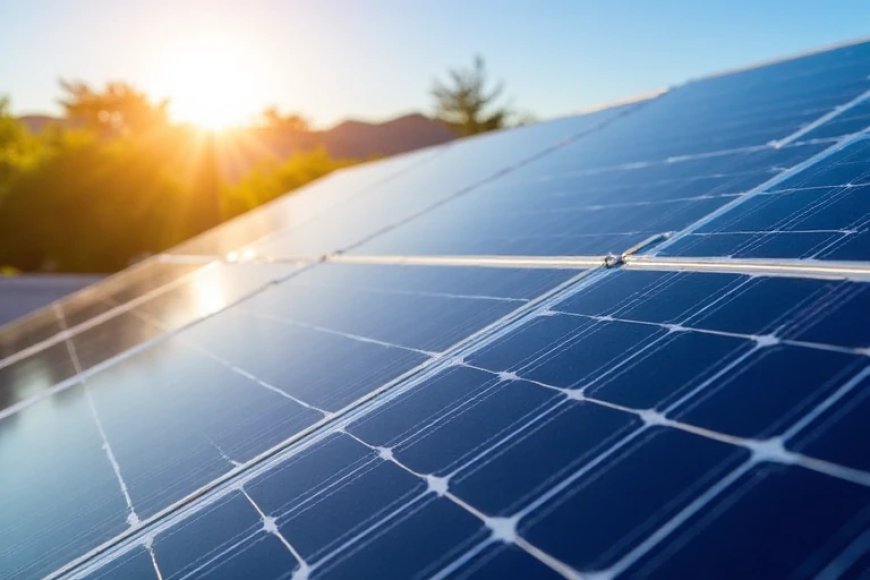Top 10 Things to Know Before Installing Solar Panels: A Comprehensive Guide

Solar panel installation is a significant investment, promising long-term energy savings and a greener lifestyle. However, before embarking on this journey, understanding the intricacies of the process is crucial. This article, written by a seasoned SEO writer with over a decade of experience, delves into the top 10 factors to consider before installing solar panels.
1. Assessing Your Energy Consumption and Needs:
Before even thinking about equipment, thoroughly analyze your energy consumption. Utilize your utility bills for the past year to identify peak usage times and average daily consumption. This data is invaluable in determining the optimal solar panel system size. Consider factors like appliance usage, heating/cooling needs, and overall lifestyle. A professional energy audit can provide detailed insights, identifying potential energy-wasting habits and suggesting ways to reduce consumption, which will ultimately impact your solar panel system's effectiveness.
2. Understanding Your Roof's Suitability and Orientation:
Your roof's condition, angle, and orientation are critical. Solar panels perform best when positioned to maximize sunlight exposure throughout the day. A professional assessment is essential to determine if your roof can support the weight of the panels and if the angle and direction are optimal. This assessment should include checking for existing roof damage, potential obstructions (trees, chimneys), and ensuring adequate roof space for the necessary system.
3. Local Regulations and Permits:
Solar panel installation often requires permits and adherence to local building codes and regulations. Research and understand the specific requirements in your area, including permitting processes, inspection procedures, and any restrictions on system size or aesthetics. Failure to comply with these regulations can lead to delays, penalties, and even installation rejection.
4. Choosing the Right Solar Panel System:
Selecting the right type of panels (monocrystalline, polycrystalline, thin-film) depends on your budget, energy needs, and roof space. Monocrystalline panels typically offer higher efficiency, but come with a higher price tag. Polycrystalline panels are a more budget-friendly option, while thin-film panels are often suitable for smaller installations. Consider factors like panel wattage, warranty, and manufacturer reputation when making your selection.

5. Inverters and Battery Storage (Crucial):
Solar inverters convert the DC power generated by solar panels into usable AC power for your home. Choosing the right inverter size is critical for matching your energy needs. Battery storage systems (lithium-ion, lead-acid) can significantly enhance the value of your solar installation by allowing you to store excess energy for use during peak demand hours or when the sun isn't shining.
6. Professional Installation and Maintenance:
Solar panel installation is a complex process requiring specialized knowledge and experience. Hire a reputable and licensed installer with a proven track record. They will handle the wiring, mounting, and necessary inspections, ensuring a safe and efficient installation. Consider the installer's warranty and maintenance services, especially for long-term system reliability.
7. Financing Options:
Solar panel installations can be a significant upfront investment. Explore financing options, including government incentives, tax credits, and loans, to make the process more affordable. Understanding the various financial instruments available, comparing interest rates and terms, and evaluating the long-term cost-effectiveness are important steps.
8. Return on Investment (ROI) and Long-Term Savings:
Calculate the potential return on investment (ROI) based on your energy costs, system size, and local incentives. Consider factors like potential energy bill reductions, long-term savings, and the overall value of the investment.
9. System Monitoring and Performance Tracking:
Invest in a monitoring system to track your solar panel system's performance. This will help you identify any potential issues, optimize energy generation, and monitor the overall efficiency of your system over time.
10. Environmental Impact and Sustainability:
Solar panel installation contributes to a sustainable lifestyle by reducing your reliance on fossil fuels and lowering your carbon footprint. Consider the environmental benefits alongside the financial advantages when making your decision.
Beyond Solar Panels: Related Energy-Saving Considerations (Briefly):
While the core focus is on solar panel installation, related energy-saving products are often relevant. Consider energy-efficient appliances, LED lighting, and water-saving showerheads. These complement solar water heatting kit, reducing overall energy consumption.
This comprehensive guide provides a strong foundation for making informed decisions before installing solar panels. Remember to conduct thorough research, seek professional advice, and carefully evaluate the financial and environmental aspects of this significant investment. By considering these factors, you can ensure a successful and rewarding solar energy experience.





































